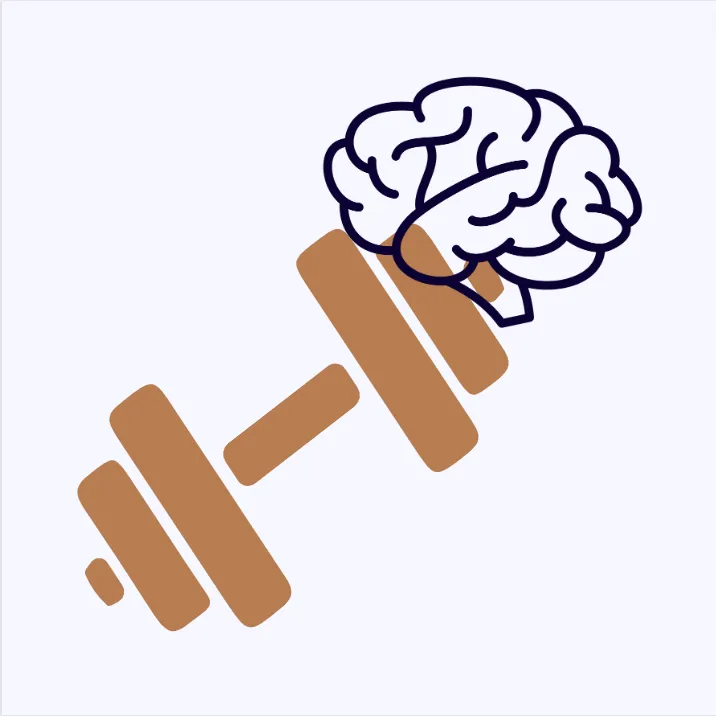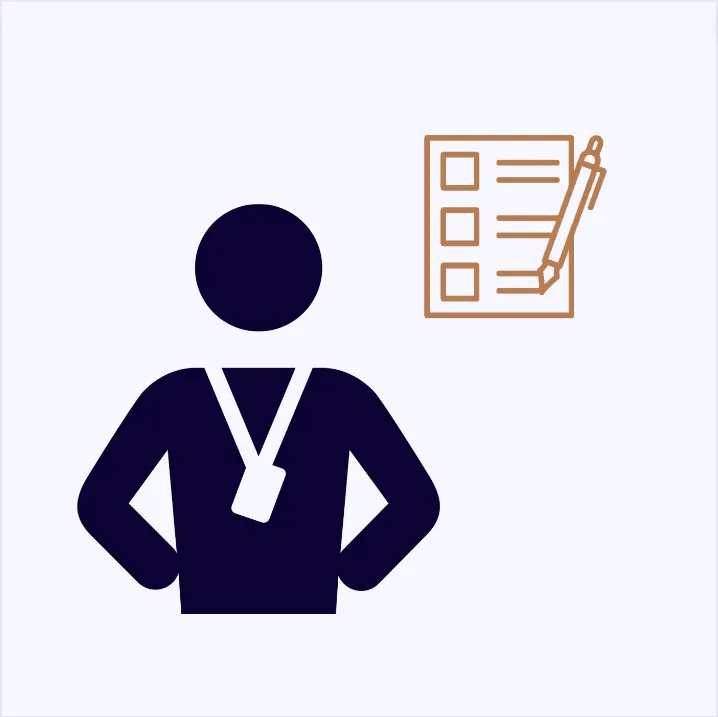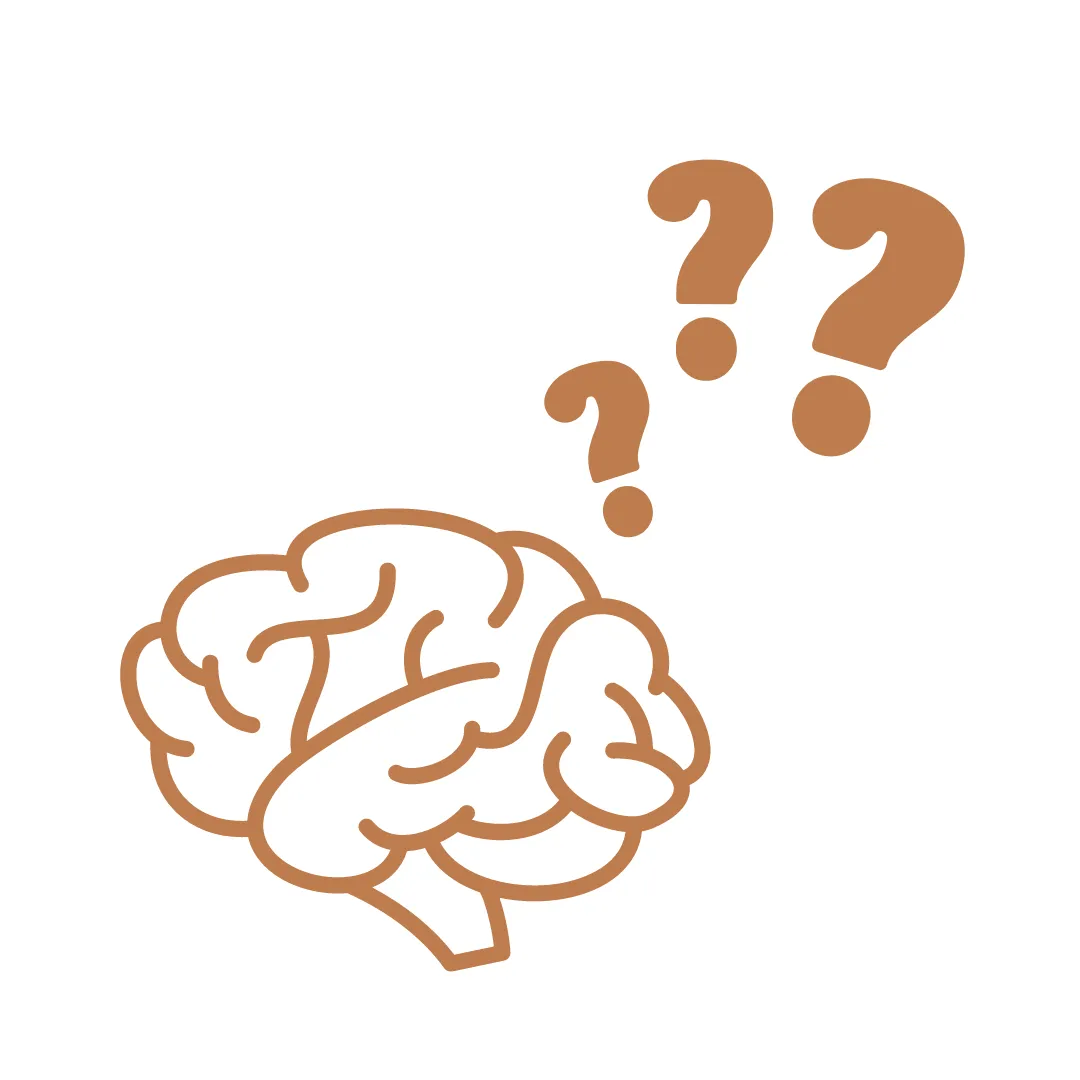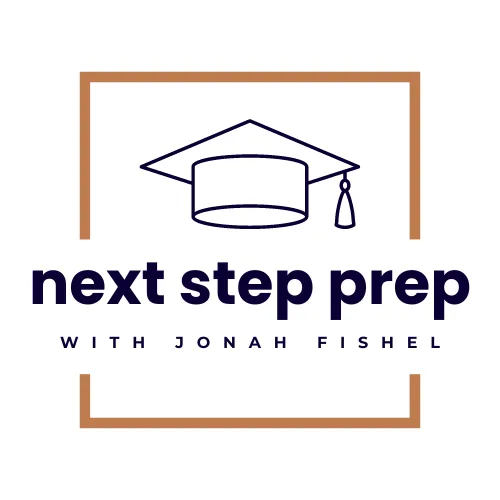Dream scores and dream schools aren't out of reach.
Not with ACT/SAT prep that works with your high schooler's brain instead of against it.
Unlimited one-on-one lessons
Weekly small group check-ins
Anxiety and discipline coaching

As seen on Tests and the Rest podcast!
Most Neurodiverse Kids Think They Can't Test Well
They know that the test they're taking wasn't designed with them in mind.

Test prep for students with learning differences requires a special approach.
Many students (and their parents) are surprised to find that they aren’t scoring as high as they thought they would on standardized tests.
For many students with learning disabilities, test prep isn’t as easy as buying a prep book and working through it.
Many tutors aren’t trained to work with kids with learning differences, and the speed-based strategies they teach don’t work for everyone.
My background in disability studies and my team's decades of experience working with students who don’t fit a traditional mold gives us an advantage here.
We use every tool at our disposal (cognitive assessment, past test scores, IEPs, parent interviews, and close observation, to name a few) to better understand the student. This deep and personal understanding of how the student thinks and feels allows us to meet them where they are and only focus on what works for them.
How I Teach Students To Study

Building Confidence
When we focus on just one or two improvements each meeting, students can see a score increase every single week, so they know they can succeed.

Accountability
Accepting an extremely limited number students per test date allows us to keep close track of their progress and make sure every assignment is done.

Universal Design for Learning
We can't change what's tested by the ACT & SAT, but we can adapt our instruction to each student's needs. Our curriculum is built on UDL standards.
What The Families I Serve Are Saying
Case Studies
We've worked with hundreds of students over the past decade. Here are a few recent programs that give a good idea of results you can reasonably expect when we work together.
29 Math to 34 Math: Near-Perfect Knowledge of Everything!
A Very Smart Student Who Doesn't Try in School
What Happens When Prep Takes Longer Than Expected?
How R.R. Went from a 1500 SAT to a 1540 SAT with Just One Session
Perfectly Average Results: +5 Points on the ACT, Tested Once, Done
How to Get Started
All students start with a comprehensive assessment to help us discover which test they should take and how much prep they should plan on doing to reach their goal score. It includes:
1-hour cognitive assessment to identify their strengths and growth areas
Their learner profile, full assessment results, and ACT vs SAT comparison chart
45-minute consultation to go through the results and my recommendations
A personalized week-by-week study plan to take the student all the way until the test (whether we work together or not)
Every student interested in working with us should start with this assessment package. This is also a great offer for anyone who isn't necessarily interested in tutoring, but just wants to know which test they should take and how much prep they should do.
If you were referred here by friends, family, or an educational consultant, you qualify for 50-100% off this assessment. Get in touch with us directly to skip the line.
FAQ
What are your rates?
All our test prep students start with an assessment + 45m consultation + study plan package, which costs $197. Referrals from past clients and education professionals are eligible for 50%-100% off.
Each test prep program varies widely based on the student, because we offer unlimited sessions: as many as you need to reach your goal score. That means that the hourly rate each family pays is extremely variable, and we're hesitant to list anything here as I don't want to set any kind of expectation--low or high.
Since each program involves a different number of hours, the final hourly rate equivalent is highly variable, but it usually ends up in the $120-$220 range.
Do you only work with neurodiverse students?
We also work with neurotypical students if they are a good fit for our thorough approach.
Most, but not all, of our students have learning differences of some kind. About two-thirds of our current students (as of January 2025) have what we would call a "learning disability".
Most of the remainder are what we would call "gifted" kids. The common theme is students who don't learn at their best in a traditional classroom and who would benefit from instruction that is more personalized to their preferences.
Which learning differences do you have experience with?
We have extensive experience working with autistic students, and about half of our students at any given time, on average, are autistic.
Many of our students also present with a combination of an attention disorder (ADD/ADHD) and a processing disorder (like dyslexia or dyscalculia).
We have less experience working with students who identify as disabled in other ways, but have worked with students with cerebral palsy, traumatic brain injuries, and deaf people. We are looking to develop our expertise more in these areas and are willing to lower our rates to compensate for our lack of experience when compared to the hundreds of other students we've worked with without these disabilities.
Do you offer in-person lessons, or only virtual?
We occasionally host small group lessons in the Charlottesville, VA area. The remainder of our lessons are conducted virtually via Zoom and other software tools we use to enhance our instruction.
